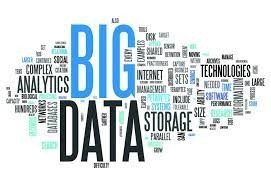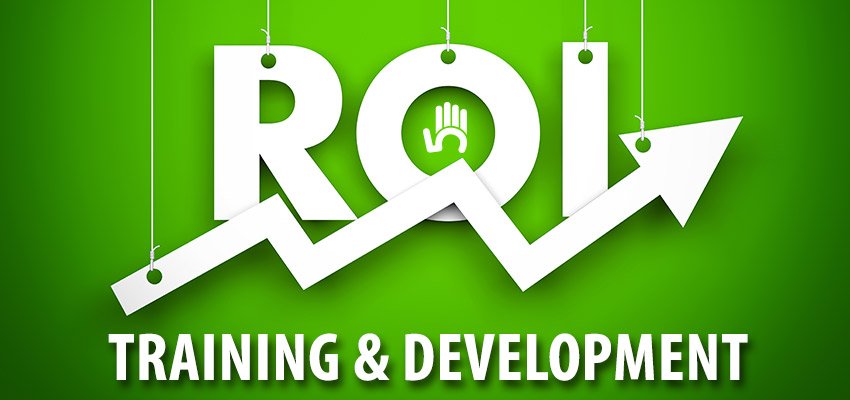Course Overview
The BigData Foundation certification is a professional credential that recognizes individuals’ fundamental knowledge in big data concepts and technologies. It covers the principles of data mining, analysis, capture, management, and governance. Industries use this certification to validate the expertise of professionals who handle large volumes of complex data, ensuring that they possess a foundational understanding of how to effectively work with big data environments. This certification is crucial for companies seeking to harness the insights big data can provide, aiming to improve decision-making, predictive analysis, and business intelligence. It lays the groundwork for more advanced expertise in data science and analytics roles.
This is a Rare Course and it can take up to 3 weeks to arrange the training.
Learning and Objectives:
– Certified Instructor-led education
– Career enhancement with Big Data proficiency
– Tailored training programs to suit individual needs
– Unique destination training experiences
– Cost-effective learning solutions
– Recognized as a leading training institute
– Adjustable scheduling for convenience
– Online training with real-time instructor interaction
– Extensive selection of courses across technologies
– Officially accredited and approved training partner
Course Prerequisites
– Basic knowledge of computing- Understanding of core data concepts
– Familiarity with database principles
– Elementary programming skills
– Awareness of data analytics importance
– High school mathematics proficiency
Target Audiance
- - IT professionals seeking to understand big data concepts
- - Business analysts aiming to leverage big data insights
- - Data enthusiasts wanting a foundational knowledge of big data technologies
- - Managers overseeing data-driven projects
- - Professionals looking to transition into big data roles



 4.9
4.9

